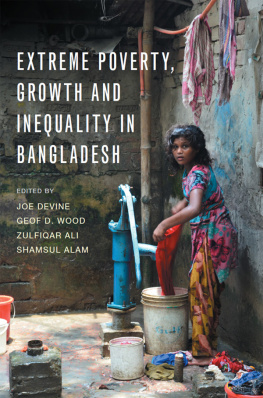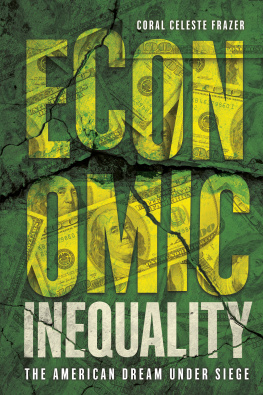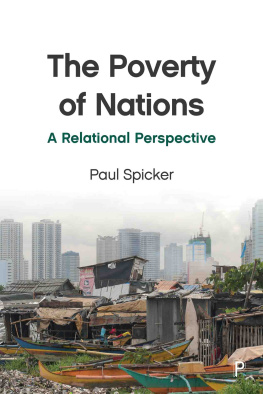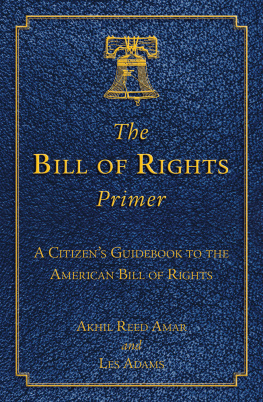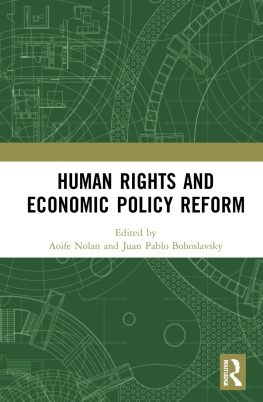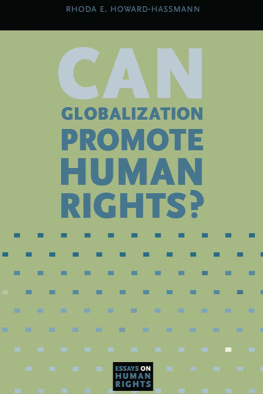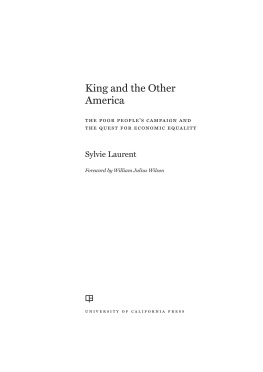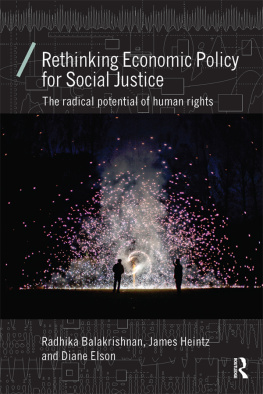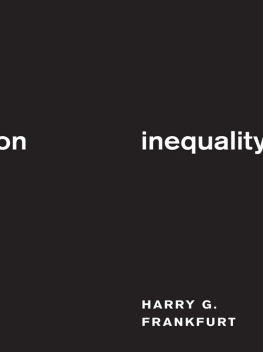First published 2015 by Paradigm Publishers
Published 2016 by Routledge
2 Park Square, Milton Park, Abingdon, Oxon OX14 4RN
711 Third Avenue, New York, NY 10017, USA
Routledge is an imprint of the Taylor & Francis Group, an informa business
Copyright 2015 by Scott J. Myers-Lipton
All rights reserved. No part of this book may be reprinted or reproduced or utilised in any form or by any electronic, mechanical, or other means, now known or hereafter invented, including photocopying and recording, or in any information storage or retrieval system, without permission in writing from the publishers.
Notice:
Product or corporate names may be trademarks or registered trademarks, and are used only for identification and explanation without intent to infringe.
Library of Congress Cataloging-in-Publication Data
Myers-Lipton, Scott J.
Ending extreme inequality: an economic bill of rights to eliminate poverty / Scott Myers-Lipton.
pages cm
Includes bibliographical references and index.
ISBN 978-1-61205-726-2 (hardcover: alk. paper)
ISBN 978-1-317-26051-6 (eBook)
1. PovertyUnited StatesHistory. 2. Social justiceUnited States
History. 3. Manpower policyUnited StatesHistory. 4. United States
Social policy21st century. 5. EqualityUnited StatesHistory21st
century. I. Title.
HC110.P6M9396 2014
330dc23
2014017343
ISBN 13: 978-1-61205-726-2 (hbk)
ISBN 13: 978-1-61205-727-9 (pbk)
Today, poverty and inequality are at record levels. Forty-seven million Americans are living in poverty, the highest level since 1983. The median income has declined over the past several years, while the trend over the past thirty years has been one of anemic growth and stagnation. At the same time, growth for the top 1 percent of income earners has remained strong, with their net worth at 40 percent of all wealth, while the top 20 percent now control 89 percent of all the wealth, up from 81 percent in 1983. As a result of high poverty, middle-income stagnation, and the richs increase of income and wealth, the United States is number one in income inequality in the industrialized world.
As a response to this situation, some people are calling for an Economic Bill of Rights, an American idea first proposed by presidents Franklin Roosevelt and Harry Truman, and later by Dr. Martin Luther King Jr. The Economic Bill of Rights has a clear and coherent vision and agenda on how to solve poverty and extreme economic inequality by proclaiming that there are certain rights that are needed to correct for the wrongs found in American society. These rights include the right to a job; to a living wage; to a decent home; to adequate medical care; to a good education; to adequate protection from economic fears of unemployment, sickness, and old age; and to fair competition.
This call for a second bill of rights has grown out of the American context, where high levels of poverty have been a major issue since the founding of the United States. In the late eighteenth century, over 30 percent of all Americans were living in poverty. With the rise of industrial capitalism in the mid-1800s, the nations workers were confronted with eleven- to twelve-hour workdays and poverty wages for many. In response, workers fought back against this treatment, with the late nineteenth century being filled with labor strife. In the 1880s, there were over 500 strikes each year, as the working class struggled for decent pay and an eight-hour workday.
In the early twentieth century, progressives focused on youth poverty, as reformers addressed child labor, illiteracy, and malnutrition of the nations youth. During the 1930s, poverty once again captured the nations attention, as 24 percent of the nation was unemployed during the Great Depression. Thirty years later, poverty was once again the focus of the nation. After the passage of the Civil Rights Act and Voting Rights Actwhich ended de jure racism in the United Statescivil rights leaders turned their attention toward ending poverty. This reawakening to the plight of the poor inspired President Lyndon Johnson to declare a War on Poverty in order to put an end to it. While some have argued that the United States fought the War on Poverty, and poverty won, the reality was that there were some major gains made, particularly in senior poverty, which was reduced from 35 percent to 10 percent of the population, mostly through increased Social Security payments. Yet, after the murders of Dr. King and Robert Kennedy, and President Johnsons decision to not run for reelection, concerns of poverty and inequality moved to the back burner.
From 1980 to the early 2000s, while the nation was no longer focused on these issues, major structural changes to the economy were occurring, such as globalization and offshoring of jobs, as well as political changes, like tax policies that favored the 1 percent and public policies that kept the minimum wage stagnant. These economic and political changes of the late twentieth century led to large increases in poverty and inequality, as income from 1979 to 2006 for the middle class went up by 15 percent, whereas income for the bottom 20 percent actually decreased by 4 percent. At the same time, the income of the top 1 percent rose by 120 percent.
The nation awoke from its slumber in August 2005, when Hurricane Katrina struck the Gulf Coast and exposed to the nation and world that in the United States, poverty was alive and well. Then, the economic collapse of 2008 occurred, and the middle and working classes were hammered. From 2008 to 2012, foreclosuresa result of high-interest loans and the Great Recessions high unemploymentled to the loss of 8 million homes. For the middle class, unemployment reached 10 percent, but for people making under $20,000 a year the rate was double that, and it was triple that for folks making under $12,000. The result was that over the past four years, middle-class incomes decreased by 3 percent, while people making $40,000 or less had their incomes decrease by 10 percent. Importantly, this social suffering did not occur equally. Edward Wolff, an economist who studies inequality, recently reported that the median household income has dropped by 36.1 percent from the peak of the housing bubble in 2007, while the income of the top 1 percent dropped only 11.1 percent. Thus, the Great Recession actually increased income inequality.
I argue that this high level of poverty, in combination with the increasing gap in income and wealth inequality, is not good for democracy, and it is not a sustainable path for the nation. The social disruptions that it can cause became clearer in September 2011, when Occupy Wall Street physically occupied Zuccotti Park. With the catchy slogan We are the 99%, Occupy Wall Street gripped the nation as it took over public spaces, first in New York City, and then around the country. And while Occupy did not offer clear policy solutions, it did focus clearly on the unequal distribution of income and wealth in the United States and the corrosive effect it has had on our democracy.
The question is why there has been, and continues to be, so much poverty and inequality in the United States. Answers to this question come from both the political right and left. I find the best answer to this question from two of our greatest Americans, President Franklin Delano Roosevelt and Dr. Martin Luther King Jr. When President Roosevelt took office in 1932, unemployment was at 15.9 percent and within a year it had jumped to almost 24 percent. In response, Roosevelt took bold action, creating three public works programs and implementing Social Security, unemployment insurance, and the Wagner Act, which legalized unions.


